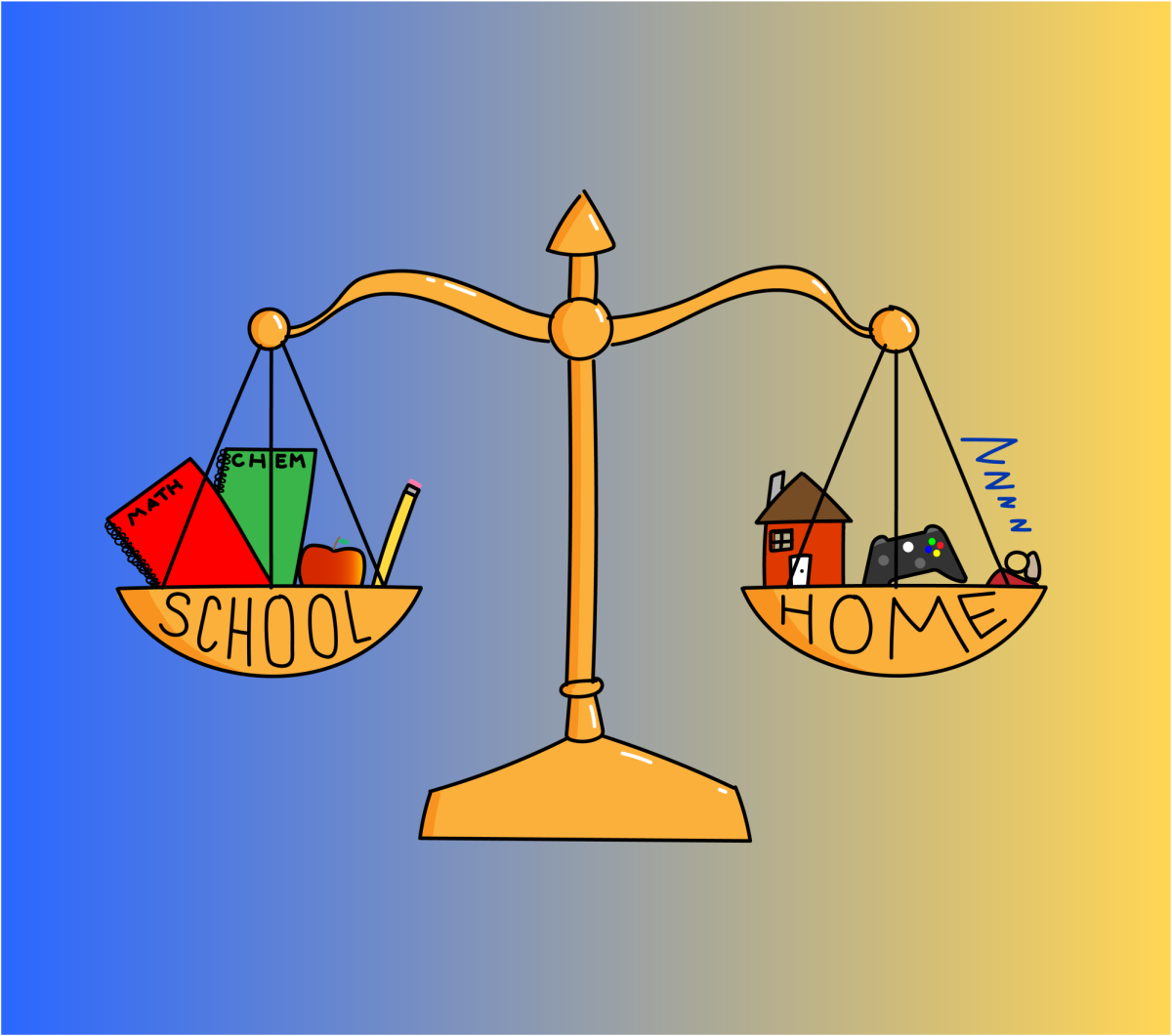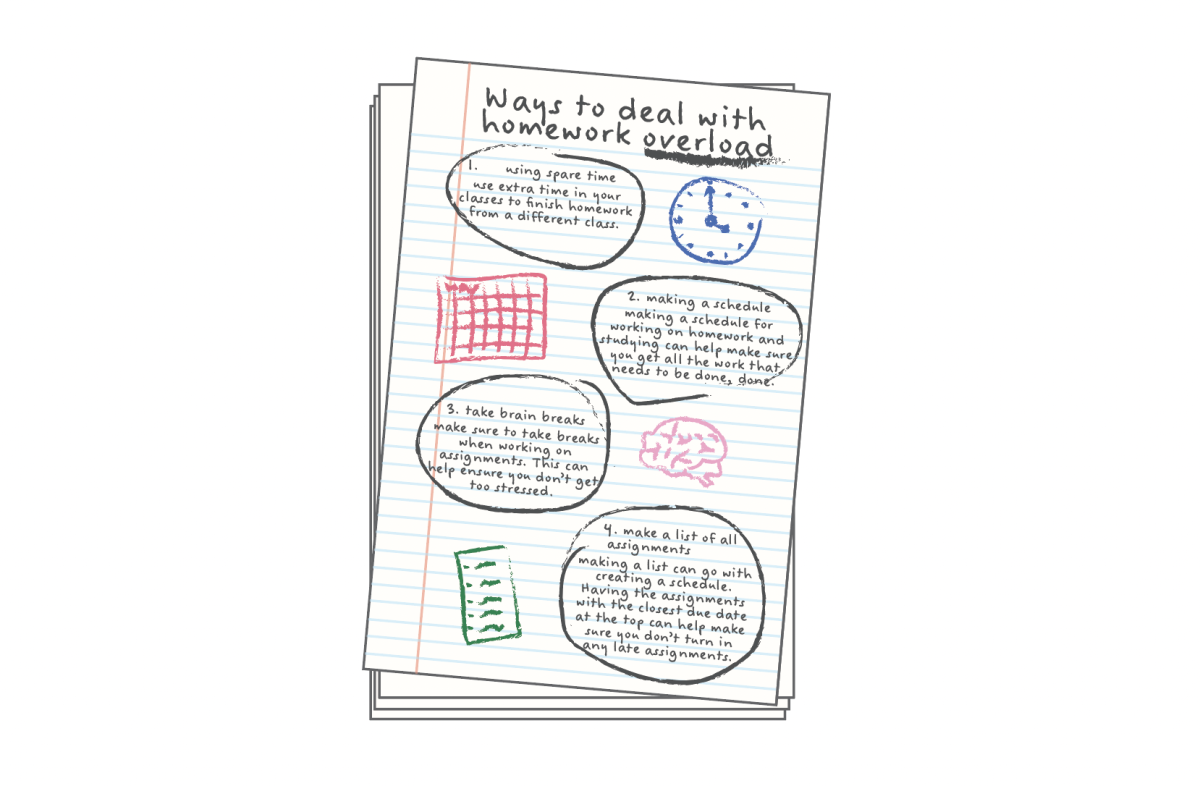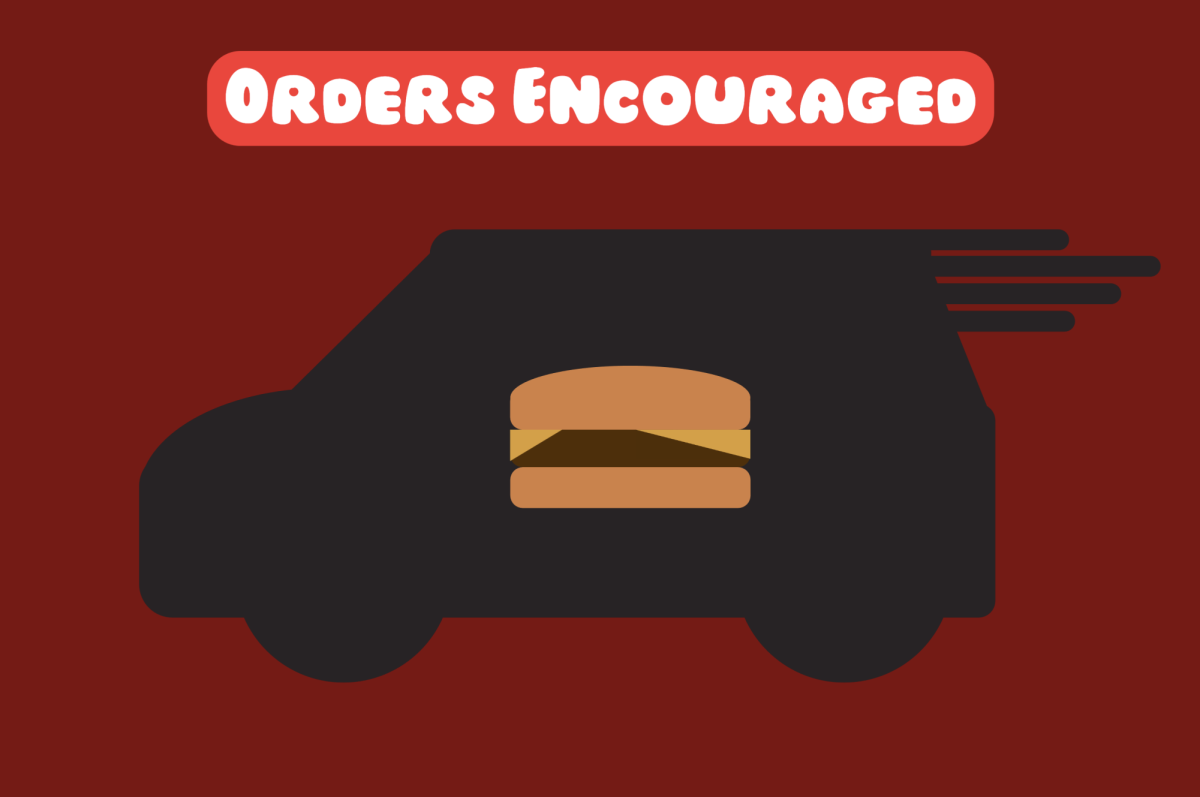Being a high school student can be incredibly demanding. Spending seven and a half hours a day in a classroom, with the stress of a huge workload, can be overwhelming. Students endure this routine five days a week, leaving them with minimal breaks. This can be particularly draining for teenagers who are still in a phase of growth and development, needing time for socializing and exploring the world.
For me, being a high school student controls my life. If I wish to spend time with friends or engage in sports after school, it often means staying up late to complete homework, only to get up early the next day for another full day of school. This cycle becomes depressingly repetitive, taking a toll on my mental health. The constant juggling of long school hours and extensive homework assignments creates a sense of being trapped, regardless of how fatigued you are.
The number one reason we should have breaks in school is because of students’ mental health. The mental health crisis is sweeping through the country and suicide is now the leading cause of death in the United States for 13- and 14-year olds according to a study by John Hopkins Medicine. A recent study published online recently in the Annals of Pediatrics and Child Health, comes amid growing concerns about U.S. kids’ mental well-being.
For many years now there has been an increase in depression, anxiety, and suicidal thoughts and behavior. And the latest government surveys of U.S. high school students continue to paint a bleak picture. Another study from Pew Research showed that 1 in 4 adolescents struggled with depression, and 1 in 5 suffered from anxiety. According to Pew Research, depression in schools is all too real. I think that if students had the option to stay home some of the week, it would give them time to rest and deal with the stress and pressure better.
Another compelling reason for incorporating more breaks in the school week is to facilitate teenagers’ engagement with the world. During this formative period, the teenage brain is highly impressionable, and experiences gained during this time significantly shape someone’s perspective on the world.
From my experience being able to travel has taught me so much. With less time in school, it would allow for more time to do things like travel. The world is so big and learning about different cultures really gives you a different perspective. It also makes school more interesting when you can connect art you can physically see and places you can visit the lessons taught in a classroom.
While concerns about parents’ work schedules may arise, a potential solution could be “open classrooms.” Teachers could be available at the school to supervise students whose parents cannot have them stay at home. There would be field trips and fun stuff to do during the day. Also, students would have yearly trips to different countries. They could raise money through fundraisers and donations.
Students should not be confined to the classroom all the time. Introducing breaks during the school week can contribute to better mental health, provide real-life experiences, and benefit not only students but also teachers and staff. Balancing academic demands with personal life is undeniably challenging, and reevaluating the current system can lead to happier students and a better educational experience.








